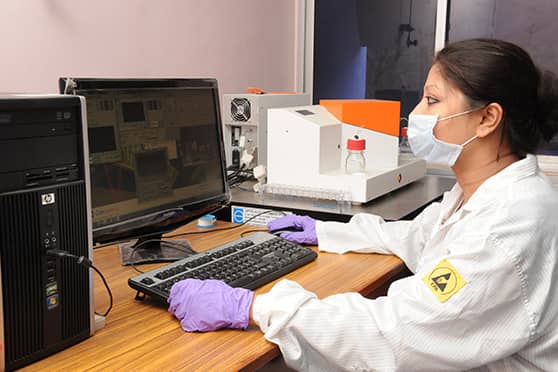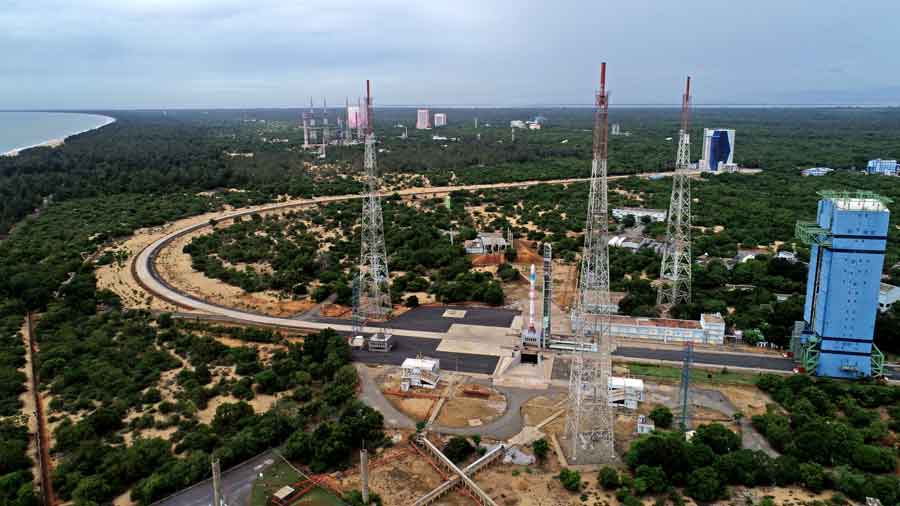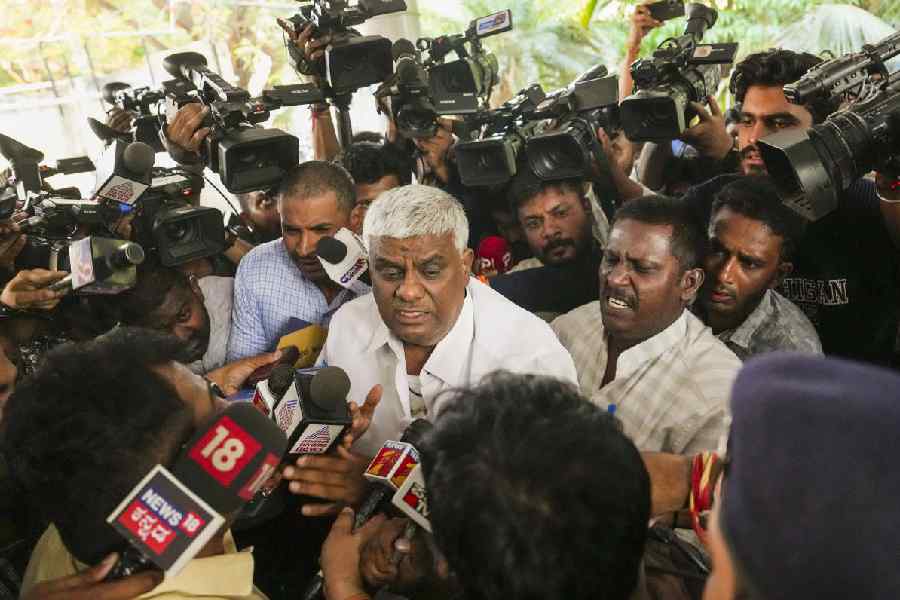A central government science agency is set to offer exclusive research grants to women scientists, but women researchers say they would benefit more from initiatives that help them through early career stages than “a special pot of funds”.
The Council of Scientific and Industrial Research (CSIR) will provide exclusive research grants to women scientists under a scheme starting on April 1, Union science and technology minister Jitendra Singh announced on Thursday.
Women scientists from across the country will be eligible to apply for the grants, which will support research across science and engineering disciplines, including the life sciences, chemical sciences and the physical sciences, Singh said.
The funds may be used to support research by PhD scholars and post-doctoral researchers and pay for contingency expenses and minor equipment. Each grant will be subject to a limit of Rs 25 lakh to Rs 30 lakh, the ministry said.
Women scientists can apply for the grants through an online portal for the scheme that will open on April 1, the ministry said.
The decision to offer exclusive research grants to women comes amid longstanding concerns about the disproportionately low representation of women at scientific institutions.
Women make up 13 per cent of scientists and science faculty members at Indian higher education institutions, despite accounting for about 40 per cent of the country’s annual science PhDs, according to a survey of 97 institutions released last year. Worldwide, women make up about 28 per cent of scientists.
Sections of women researchers said that any well-designed new initiative to promote women in science would help some women. But they added that the funds for the scheme should not come from the existing funds for research.
“The question is, whether additional funds will be directed (towards) this scheme. Otherwise, this will be just another channel that will split the already meagre funds for research,” said Anindita Bhadra, associate professor in biological sciences at the Indian Institute of Science Education and Research, Calcutta.
Shubha Tole, dean of graduate studies at the Tata Institute of Fundamental Research, Mumbai, said women would benefit the most from initiatives that help them in career stages when they lose time compared with their male counterparts. “We do not need help in producing competitive proposals, and in that sense we don’t need a special pot of funds reserved for women,” Tole, who had been on government panels to promote women’s representation in the sciences, said.
“What would help women more would be childcare allowances that permit them to juggle multiple responsibilities and the ability to hire staff to support themselves at the post-doctoral stage, which typically overlaps with their childbearing age.” Tole and other scientists said it was time that science-funding agencies increased the fellowship amounts available to research scholars pursuing PhD. At present, they receive Rs 31,000 during the first two years and Rs 36,000 during the next three years. “All PhD scholars — men and women — should really be paid better so that choosing a career in sciences doesn’t short-change their ability to support themselves and their families,” Tole said.











